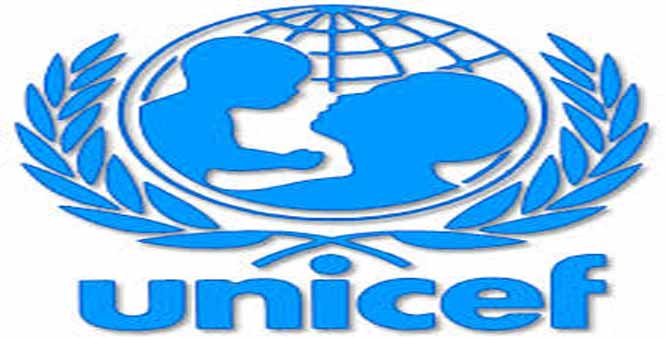UNICEF Recommends Jigawa State Model for Addressing Malnutrition in Nigeria
The United Nations Children Fund (UNICEF) has commended the Jigawa State Government in Nigeria for its unique approaches to addressing malnutrition among children and mothers. In a recent visit to Dutse, the capital city of Jigawa, UNICEF’s Chief of Nutrition Section, Ms. Nemat Hajeebhoy, highlighted the state’s innovative strategies in controlling malnutrition and praised the Masaki programme, an integrated health system that has shown promising results.
According to Hajeebhoy, the Jigawa State model has shown significant progress in reducing malnutrition, and she encouraged other states in the country to emulate this approach. She also urged the state government to continue committing resources to maintain its lead.
Dr. Kabir Ibrahim, Permanent Secretary of Jigawa’s Ministry of Health, acknowledged the importance of UNICEF’s intervention and pledged the state government’s readiness to scale up best practices. He commended the media, civil society, and legislature for ensuring transparency and accountability in the nutrition intervention program.
However, Ibrahim pointed out that there are still challenges to overcome, particularly with donor-driven nutrition programs and inadequate funding for healthcare facilities. He emphasized the need for sustainable funding mechanisms to support the Masaki programme, which has had a significant impact on improving nutrition services.
Notably, 90 percent of Masaki beneficiaries have yet to access health facilities for nutrition services, but the introduction of Outpatient Therapeutic Programs (OTPs) has helped to reverse the malnutrition trend.
The UNICEF team visited several healthcare facilities in Jigawa, including Tisa Masaki, Sakwaya Primary Health Care Centre, and Dutse General Hospital, to assess the dieting services provided to children and mothers and to offer immediate remedies.
The Jigawa State model has the potential to serve as a catalyst for change in the Nigerian healthcare system, and its success is a testament to the importance of collaboration and innovative approaches in addressing one of the country’s most pressing health challenges.
